Dates, the delicious fruits of the date palm tree (Phoenix dactylifera), have been treasured for centuries across the Middle East, North Africa, and parts of Asia. Today, the global date industry has expanded significantly, with countries across continents investing in large-scale cultivation, modernization, and exports. But who truly dominates the date market in 2025? This article uncovers the leading players in global date production and exportation—some well-known, and others surprisingly under the radar.
The Global Importance of Dates
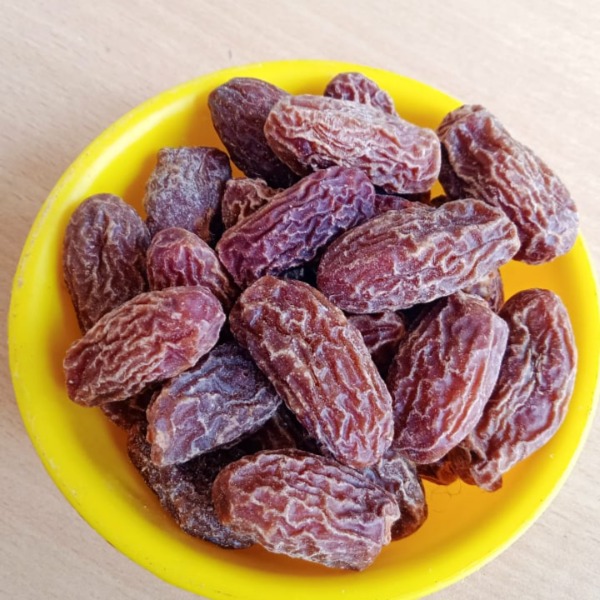
Dates are a key component of diets in arid and semi-arid regions, known for their high energy value, natural sugars, fiber, and essential nutrients. They are especially vital during religious observances like Ramadan and hold cultural and economic significance in many nations. As global awareness of healthy eating grows, dates have seen a surge in international demand, making them a valuable export commodity.
The Current Landscape of Global Date Production (2025 Overview)
According to the latest FAO and trade database reports, global date production has surpassed 10 million metric tons, with the majority grown in the Middle East, North Africa, and parts of South Asia. However, not all top producers are the biggest exporters, which makes the global dynamics fascinating.
Top Global Date Market Leaders (2025 Rankings)
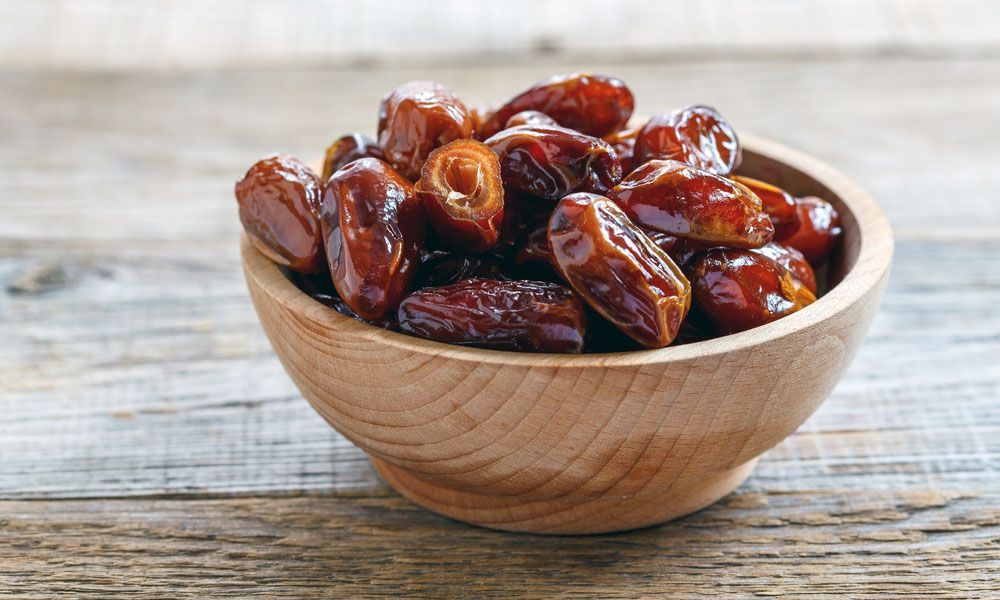
1. Egypt – The Undisputed Production Giant
- Annual Production (2025): Over 1.7 million metric tons
- Key Varieties: Zaghloul, Siwi, Samany
- Export Volume: Relatively low compared to production
Egypt has consistently been the largest producer of dates globally. It benefits from the Nile’s fertile valley and favorable climate. However, the country consumes a large portion of its yield domestically. Despite leading in volume, Egypt lags in global date exports, primarily due to limited post-harvest processing and packaging facilities.
2. Iran – A Major Force with Export Strength
- Annual Production (2025): 1.3 million metric tons
- Key Varieties: Mazafati, Kabkab, Rabbi
- Export Markets: India, Russia, UAE, Europe
Iran remains one of the leading global exporters of dates. With a focus on semi-dry and soft dates, Iranian producers have leveraged regional demand and traditional cultivation to stay competitive. In recent years, Iranian exporters have modernized packaging and quality standards to reach high-end markets despite sanctions and economic challenges.
3. Saudi Arabia – Combining Quality with Quantity
- Annual Production (2025): 1.1 million metric tons
- Key Varieties: Ajwa, Sukkary, Khalas
- Export Strategy: Branding & luxury market positioning
Saudi Arabia has made a name for itself not just in production but in branding high-value date varieties like the Ajwa, often priced at a premium in global markets. The Kingdom’s Vision 2030 plan has heavily invested in agriculture and value-added food processing, improving global competitiveness.
4. Iraq – A Historic Producer Rebuilding Its Footprint
- Annual Production (2025): 900,000+ metric tons
- Key Varieties: Zahidi, Khastawi
- Export Volume: Growing steadily
Despite years of conflict and instability, Iraq remains a major player in the date market. Reinvestment in agriculture and renewed interest in traditional varieties have helped Iraq reemerge as a significant exporter, especially to neighboring countries and Europe.
5. Pakistan – Asia’s Rising Date Exporter
- Annual Production (2025): 650,000 metric tons
- Key Varieties: Aseel, Begum Jangi
- Key Markets: India, UAE, Bangladesh, UK
Pakistan has become one of the top global date exporters, especially for semi-dry dates. The country’s Sindh and Balochistan regions lead production. Its strategic location and growing export infrastructure have made Pakistani dates increasingly competitive globally.
6. Algeria – North Africa’s Quality Specialist
- Annual Production (2025): 600,000 metric tons
- Key Varieties: Deglet Nour (considered the “Queen of Dates”)
- Export Focus: Europe, particularly France
Algeria has carved a niche in premium quality dates. The Deglet Nour variety is especially prized in Europe for its translucent appearance and balanced sweetness. Algeria has focused on high-end markets with organic and certified products.
7. United Arab Emirates (UAE) – A Blend of Innovation and Imports
- Annual Production (2025): 500,000 metric tons
- Key Varieties: Khenaizi, Lulu
- Export Strategy: Global branding and smart agriculture
The UAE is not only a producer but also a re-export hub. With state-of-the-art farming technologies, the country produces premium dates and acts as a key transshipment point for dates coming from other nations. Events like the Liwa Date Festival have helped the UAE gain cultural and commercial recognition.
Top Date Exporting Countries (2025)
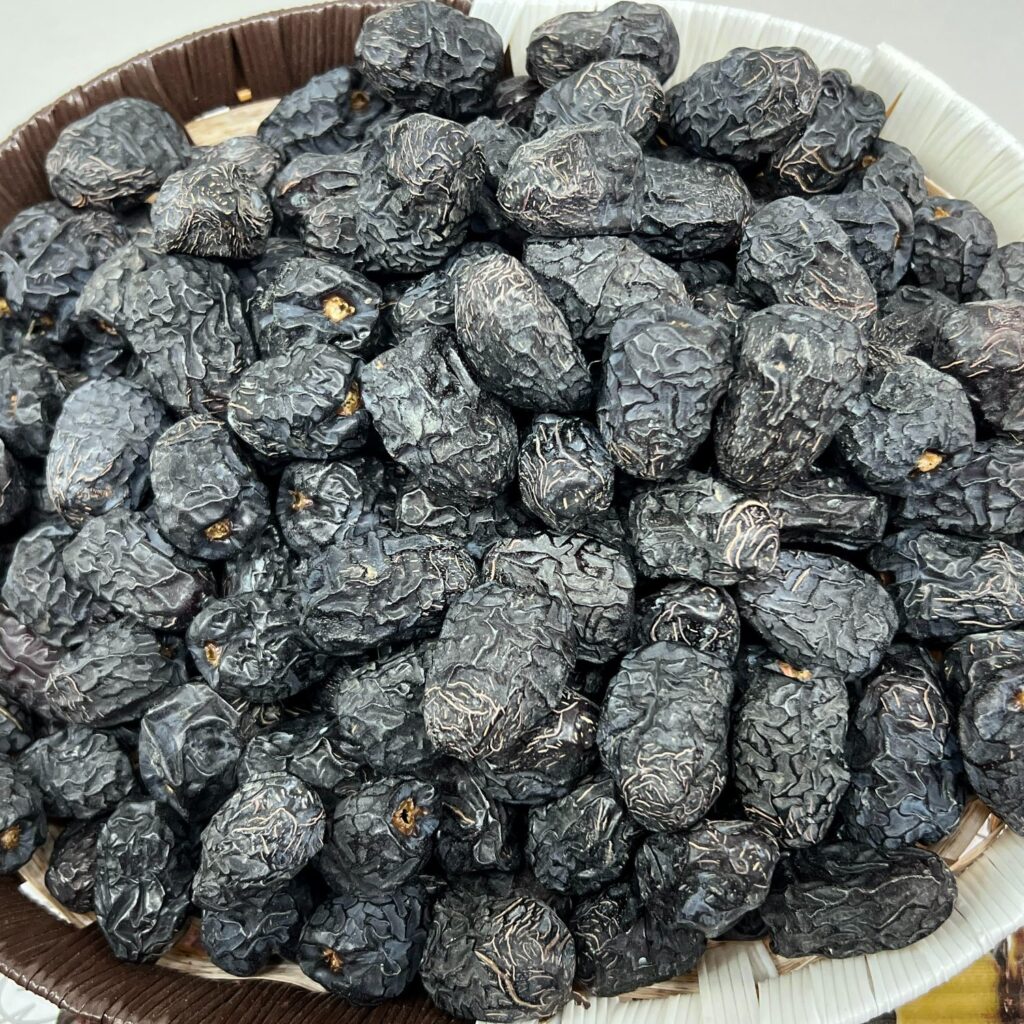
| Country | Annual Export Volume (Tons) | Key Markets |
|---|---|---|
| Iran | 300,000+ | India, Europe, Russia |
| Pakistan | 200,000+ | South Asia, Middle East, UK |
| Saudi Arabia | 150,000+ | Gulf countries, Southeast Asia |
| UAE | 120,000+ (including re-exports) | Asia, Europe, North America |
| Tunisia | 100,000+ | France, Germany, Canada |
| Algeria | 90,000+ | France, Belgium, Italy |
Market Trends in the Date Industry
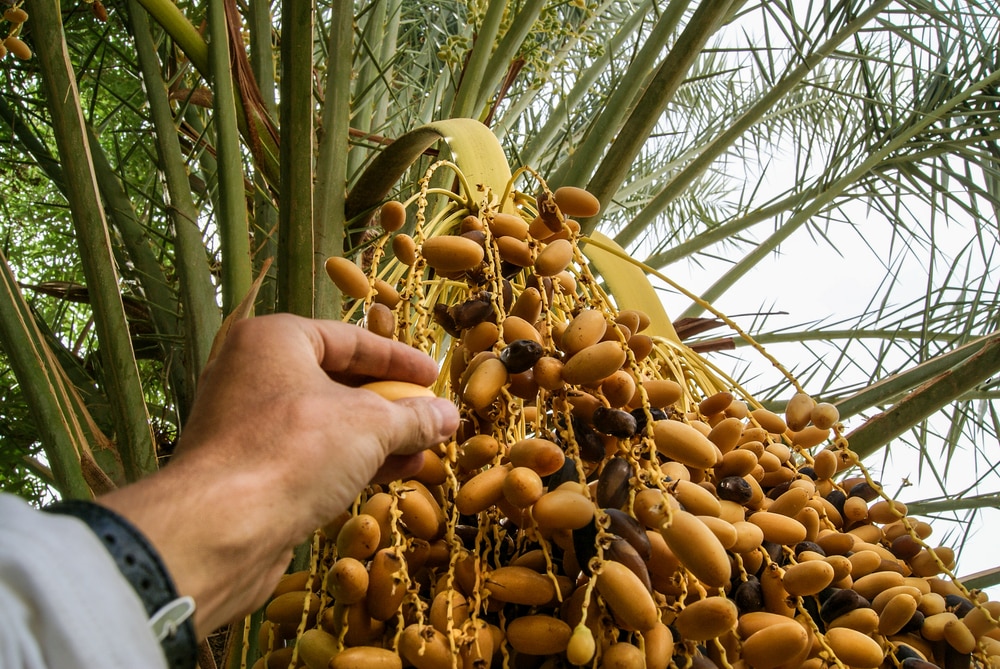
- Premiumization: Countries are focusing on branding, packaging, and value-added products like stuffed dates, date syrup, and date-based energy bars.
- Organic Farming: Demand for chemical-free dates is rising, especially in Europe and North America.
- Climate-Resilient Cultivation: Countries like Sudan and Namibia are beginning to explore date farming in arid zones using innovative irrigation methods.
- E-commerce Boom: Online sales of dates have opened up niche markets in the US, UK, and Asia.
Emerging Players You Didn’t Know About
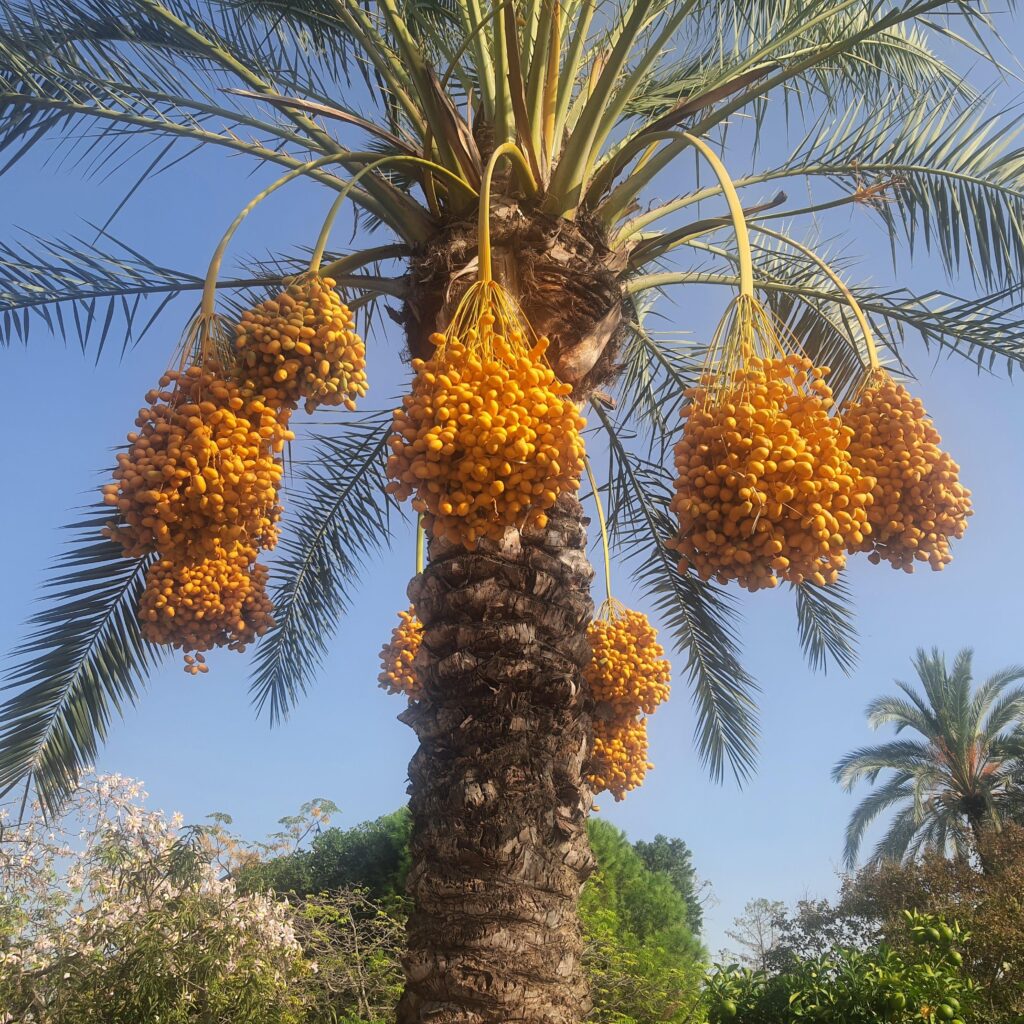
- Sudan: With nearly 460,000 tons of production, Sudan is scaling up as an affordable exporter, mainly to the Middle East.
- Namibia & South Africa: Experimenting with commercial date farms in desert regions using Israeli technology.
- USA (California): Producing Medjool dates, primarily for the domestic health-conscious market, with niche exports.
Conclusion: Who Leads the Global Date Industry?
While Egypt grows the most dates, countries like Iran, Pakistan, Saudi Arabia, and Algeria are the true global market leaders when it comes to date exports. The evolving global appetite for healthy, natural snacks has boosted the visibility and profitability of dates worldwide.
As production techniques improve, and countries invest in branding, packaging, and certification, we may see newer players enter the top ranks. For now, the heart of the global date market still beats strongest in the deserts and valleys of the Middle East and North Africa.
Fun Fact:
Did you know that the Ajwa date from Saudi Arabia is so revered that it is considered a “spiritual superfood” and often gifted during Ramadan for its perceived health and religious value?
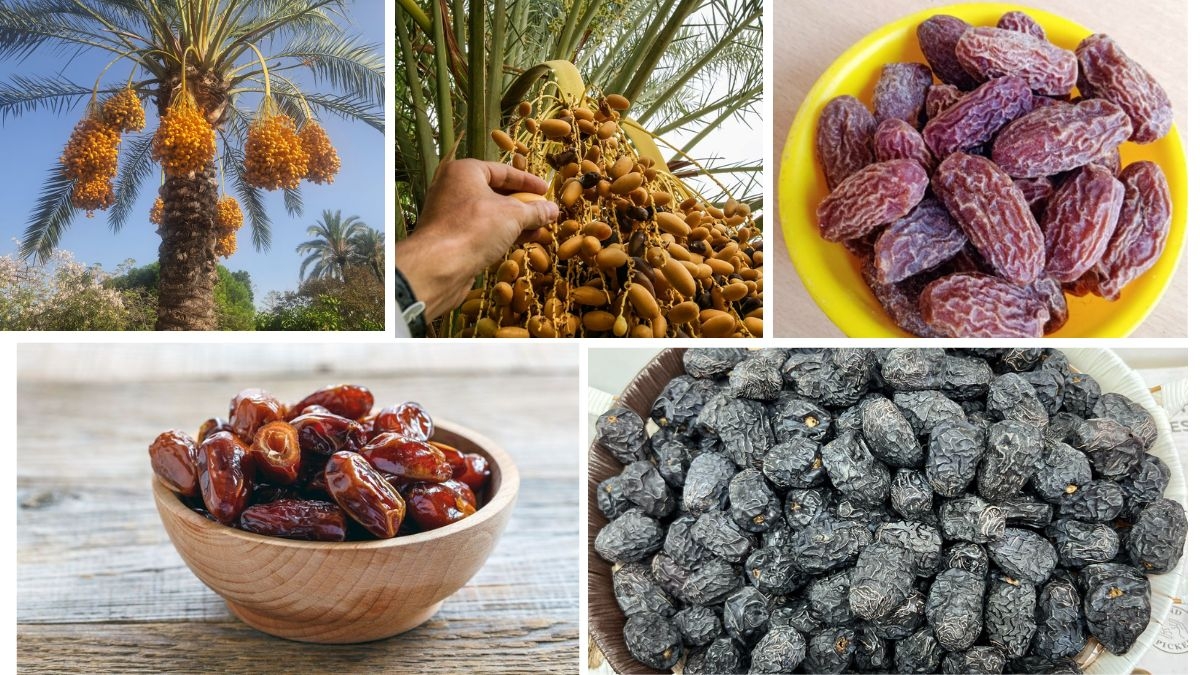

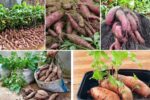
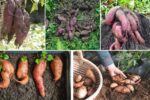

Leave A Comment